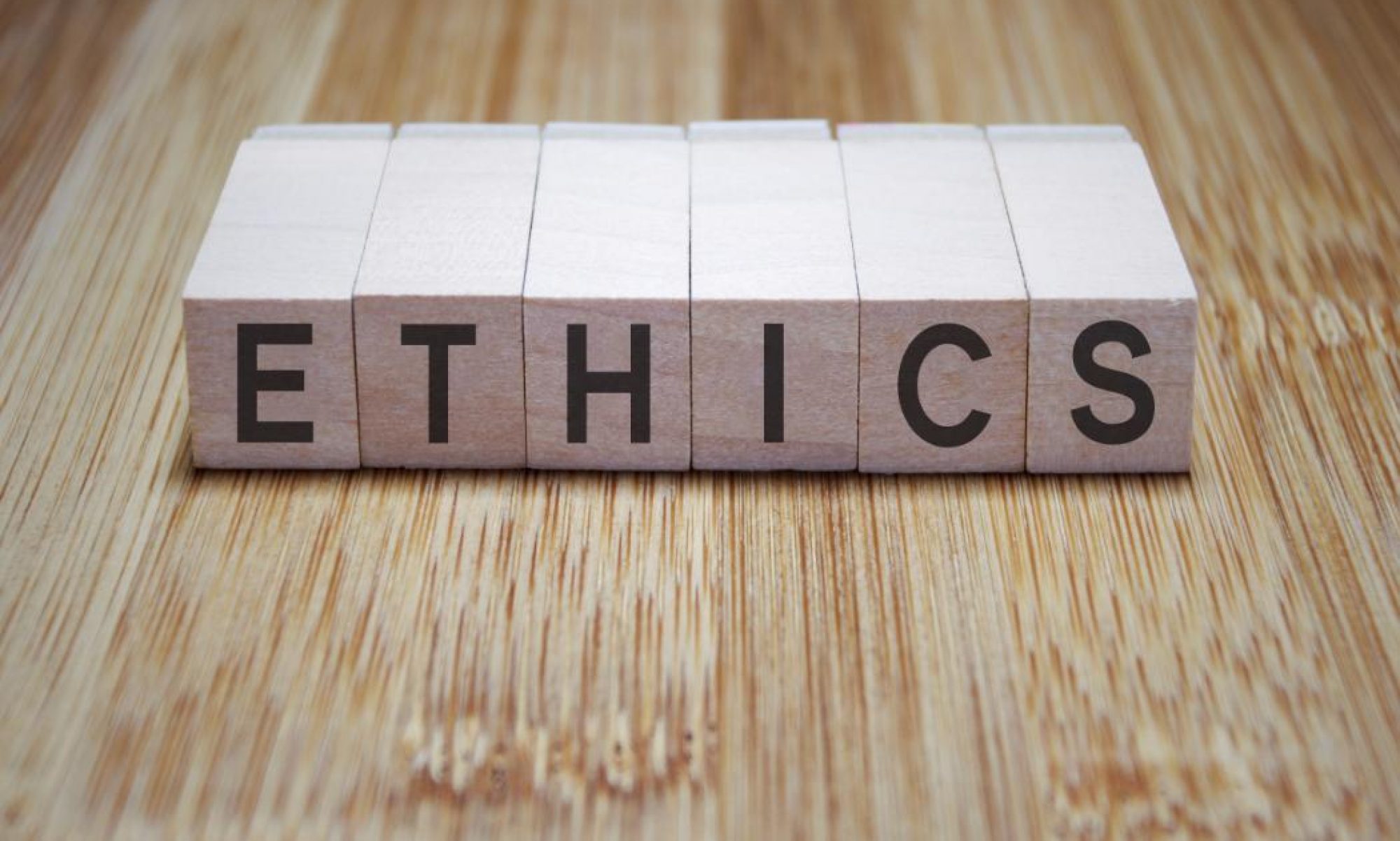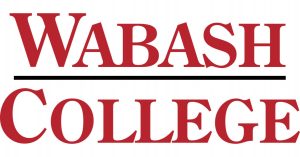Trott Among Group to Study Publication Ethics in Philosophy
Fairfield University has received a $75,000 grant from The Andrew W. Mellon Foundation to develop a code of ethics for publishing in the field of philosophy. Over the next 7.5 months, the project team, which includes Wabash College professor Adriel Trott, will develop recommendations for ethical and inclusive practices for publishers, journals, editors, reviewers, and authors.
“This is important work that I’m glad to be a part of for the sake of Wabash students and for the field of philosophy,” said Trott, Associate Professor of Philosophy. “The long-term hope is that such an effort encourages more students from marginalized groups to pursue philosophy majors, when they see themselves better reflected in the scholarship that is taught.”
The project team for the initiative, “Conduct Unbecoming: Toward a Code of Publication Ethics in Philosophy,” will be led by PI Kris Sealey, Associate Professor of Philosophy and Co-Director of the Peace and Justice Studies Program at Fairfield University; co-PIs include Amy E. Ferrer, Executive Director of the American Philosophical Association; Rebecca Kennison, Executive Director and Principal at K|N Consultants; Yannik Thiem, Associate Professor of Philosophy at Villanova University; Kyle Powys Whyte, Associate Professor of Philosophy and Community Sustainability at Michigan State University; and Trott of Wabash College.
“Conduct Unbecoming” will involve structured focus groups and collective and in-depth discussion geared toward identifying and addressing issues such as evolving forms of scholarly misconduct, diversity in citation and engagement practice, varieties of plagiarism, and implicit bias in research, peer review, and editorial practices as well as the mechanisms and practices — existing and desired — for rectification of the scholarly record.
“What professional philosophy does within its confines has implications for the broader world given the challenges of diversity, representation, and equity that it historically has faced,” said Sealey, principal investigator and J. Harry Cotton Lecturer at Wabash this year. “It is crucial that philosophers attend to the ethical standards that apply to editorial decisions, review and citation practices, and publication decisions within the profession.”
This engagement with the philosophy publishing community could lead to the development of policies, best practices, and a code of publication ethics that journal editors, publishers, and professional societies both in philosophy and in the humanities more broadly could put into practice.
Original posting: https://www.wabash.edu/news/displaystory.cfm?news_ID=11162

